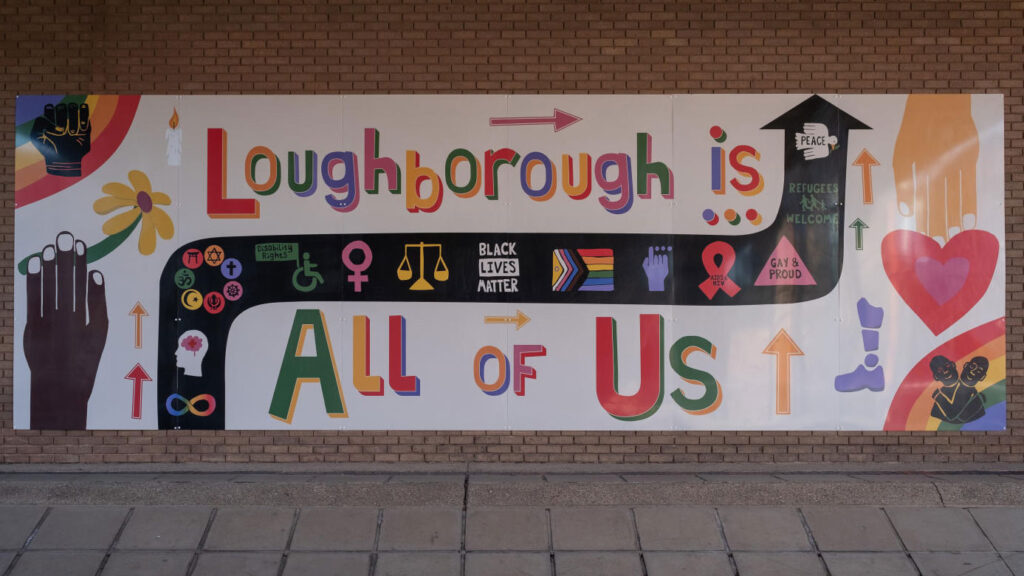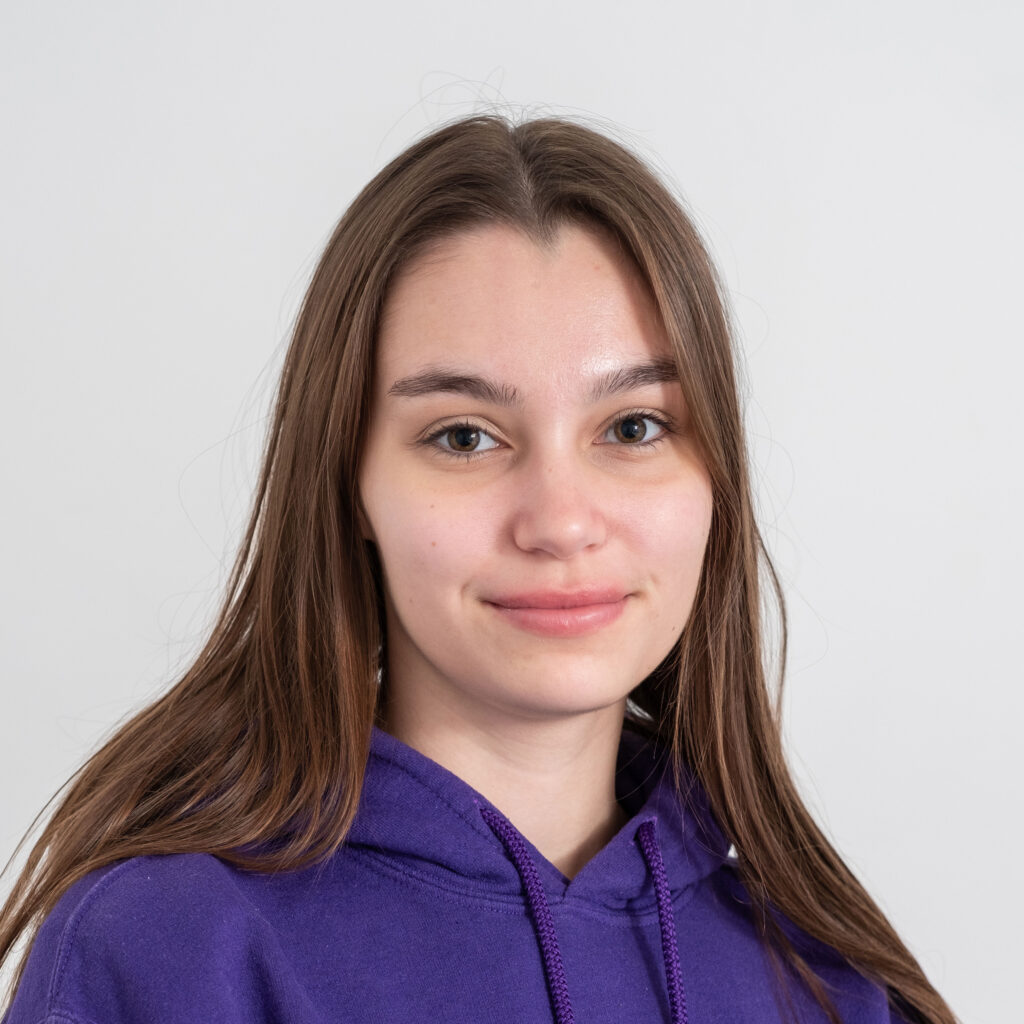Big events in STEM
March seems to be a massive time for all sorts of events relating to diversity, including British Science Week, International Women’s Day and Neurodiversity Celebration Week.
British Science Week (6–15 March 2020) is a fun engaging way to remind us of just how important science is and why it is a fundamental part of compulsory education. As part of their missions, British Science Association (BSA) has included the Smashing Stereotypes campaign in which they want to change how we see a ‘typical’ scientist. They’ve created a number of profiles which can be viewed on their website, and mirror some of the profiles we’ve been putting out as a university. We’re hoping that these stories, and our own stories, will provide some inspiration and guidance as to what modern science really reflects. Such campaigns have obviously also been a success, as more female students than male students took science A levels last year which is a great improvement that has really taken off in the last few years.
This all ties in really well to International Women’s Day (8 March 2020) which was also in the same week. This brings further opportunities to understand and respect the stories and hardships of women not only in STEM, but in all aspects of life. Whether that be as a mother, teacher, businesswoman, scientist, researcher and so on, there’s still a lot of pressure to get these things right. On a day like this, we can look back on how far we’ve come but also on how far we have yet to go. There are still many areas of the world where women aren’t given the freedom they deserve, and as an influential nation like the UK, we should continue to be role models in diversity and inclusivity.
An aspect of diversity not talked about as often as it should, is neurodiversity. Neurodiveristy Celebration Week runs from 16–20 March 2020, and is used to raise awareness of the struggles faced by those with neurological conditions such as ADHD and dyslexia. While these conditions are incredibly common (about 15%), they still aren’t talked about openly enough without some form of discrimination. While not as obvious as physical disabilities/difficulties, learning difficulties should be looked out for just as much as any other condition. This awareness is what Neurodiversity Celebration Week is about, and also giving the voice to those with these learning difficulties to be proud of what they have and speak openly about it.
Even though I don’t come under this minority category, I can still promote and talk about what it means to be inclusive of those with neurological differences. This reflects strongly on the Diversity Allies campaign that we’ve been promoting throughout the School of Science in recent weeks, and that Simona has recently discussed in her blog post. We can all be allies to everyone and encompasses diversity into one great big bubble of anything that isn’t something we identify with. I believe this is a much better and more holistic way to tackle challenges in diversity, especially in such a big diverse environment such as our whole School of Science.


About Katrina
“My name is Katrina Cranfield and I am the Women in Science Ambassador. I’m half British half Portuguese, and spent the last 7 years living in Hong Kong. I’ve now come to Loughborough to start my undergraduate degree in Chemistry, and as the Women in Science Ambassador I hope to evolve the way Loughborough welcomes women into STEM through my own student perspectives.”
Women in Science
Encouraging more young women to study science-related subjects